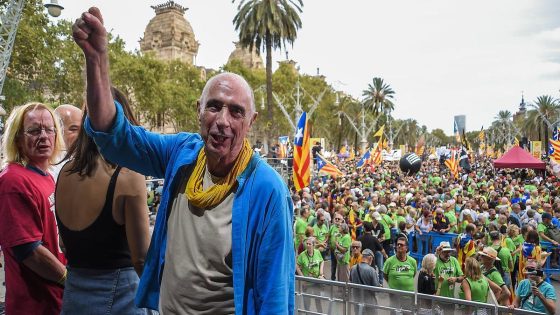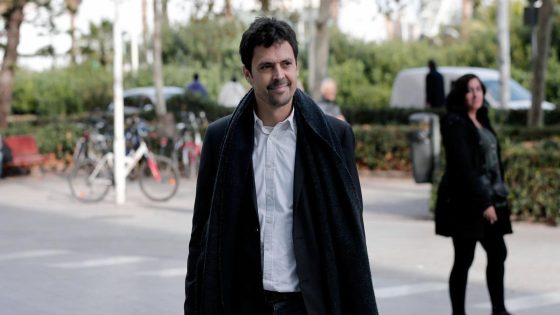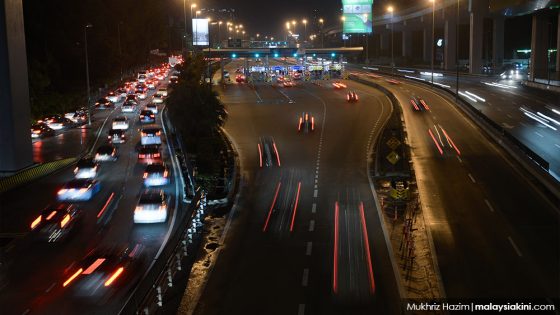This weekend, the ANC approved a new roadmap with 83% support from its members. The organization, led by Lluís Llach, aims to reignite “confrontation” with the Spanish government through civil disobedience. But what does this mean for Catalonia and Spain’s political landscape?
- ANC renews roadmap with 83% member votes
- Focus on civil disobedience against Spain
- Urges Junts and ERC to break PSOE agreements
- Calls for democratic regeneration in Catalan parties
- Participation doubled compared to 2023 elections
On January 20, 2025, the ANC’s decision to push for civil disobedience highlights a growing tension between Catalonia and the Spanish state. With calls for Junts and ERC to sever ties with the PSOE, the stakes are high for the future of Catalan independence.
The ANC’s New Roadmap: A Bold Move for Catalan Independence
What does the ANC’s new strategy mean for the future of Catalonia? This significant decision reflects a desire for renewed action against perceived oppression from the Spanish government.
Implications of Civil Disobedience on Catalonia’s Political Landscape
The ANC’s call for civil disobedience is a response to what they describe as Spain’s totalitarian attitude. This strategy aims to unite various independentist parties against the Spanish government and the Catalan government led by the Socialist Party. Here are some key points:
- 83% of ANC members support the new roadmap.
- Calls for Junts and ERC to end their agreements with the PSOE.
- Increased participation in ANC decisions, doubling from 2023.
- Focus on democratic regeneration and new leadership in Catalonia.
Understanding the Role of Civil Disobedience in Modern Politics
Civil disobedience has historically played a crucial role in political movements worldwide. The ANC’s adoption of this tactic raises questions about its effectiveness in achieving independence. Will this approach resonate with the Catalan populace, or will it lead to further division?
The Future of Catalan Independence: Challenges Ahead
The path to independence is fraught with challenges. The ANC’s renewed strategy may inspire some, but it also risks alienating moderate supporters. As tensions rise, the question remains: can a unified front emerge from this call for confrontation?
In conclusion, the ANC’s recent vote marks a pivotal moment in Catalonia’s quest for independence. As the situation unfolds, it will be essential to monitor how these developments affect both local and international dynamics.
































